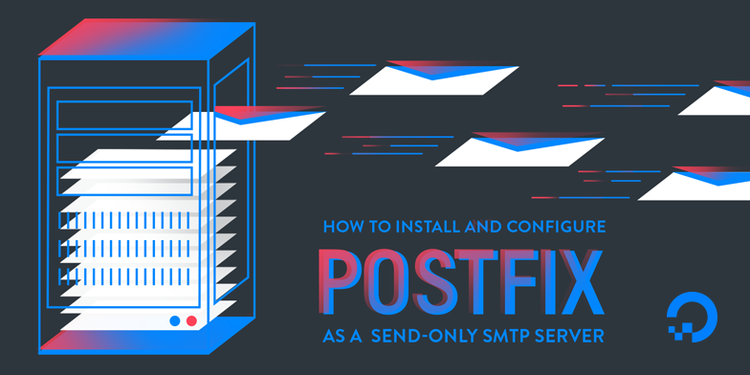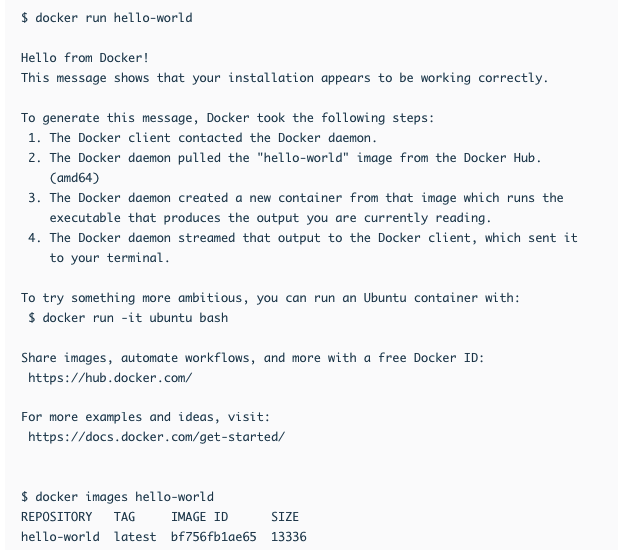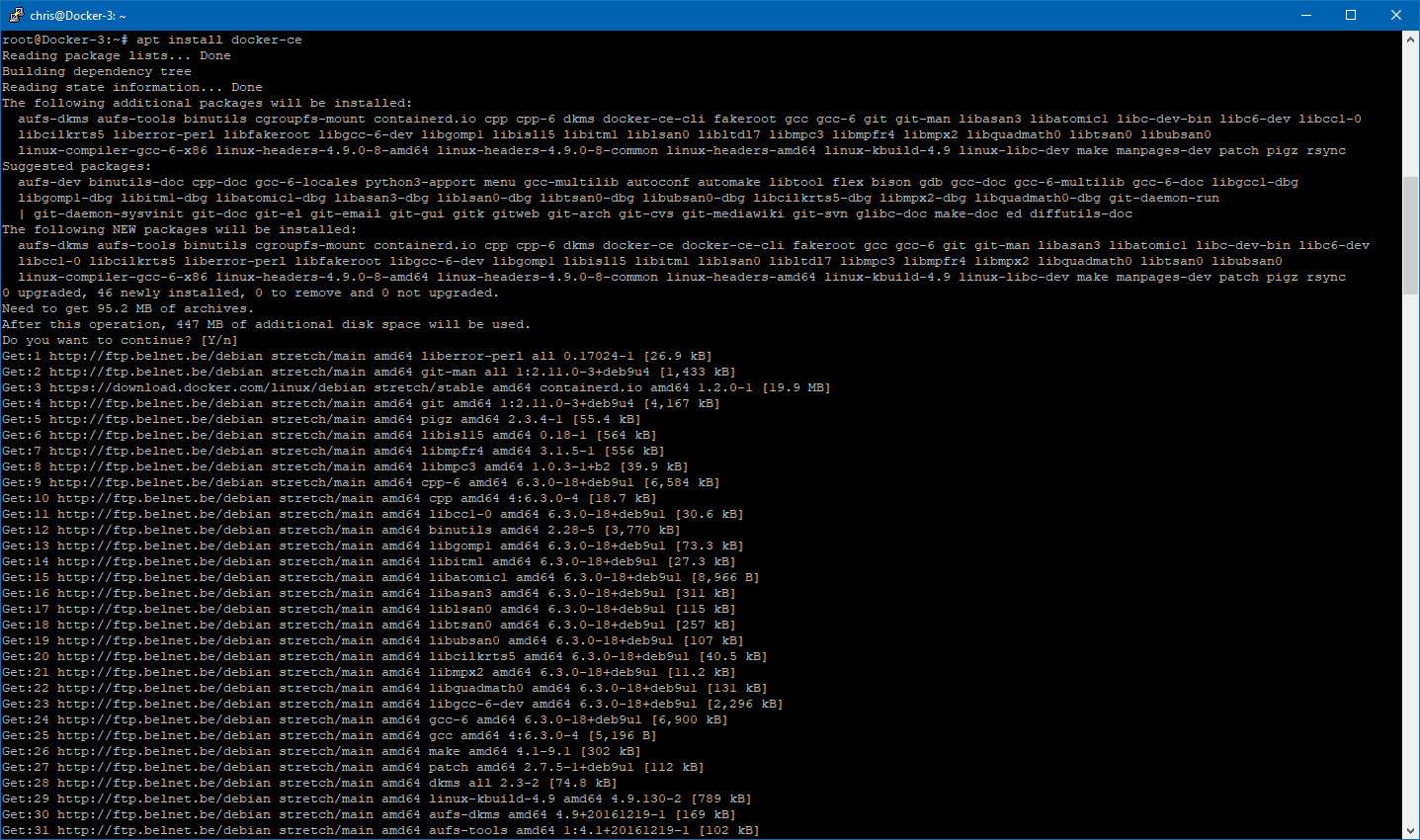- The steps shared here are for the installation of Docker CE on RHEL 7 Linux. Docker is the main dominant container runtime engine used for Development and running of micro-serviced applications in production.
- Method 1: Install Docker Using the Repository on Debian 10 The best option for most Debian 10 users will be to install Docker from its official repositories. To do so, follow the steps outlined below.
- How To Install Apache, MySQL, PHP (LAMP) on Debian 10. A LAMP environment is the combination of Linux, Apache, MySQL & PHP.Here Apache is the popular web server, MySQL is the relation database management system and PHP is programming language generally used for developing web applications.
Mar 09, 2021 As you can see, docker-ce is not installed, so we can move on to the next step. Install Docker on Ubuntu 18.04. We are almost done. Use the apt command to install Docker: sudo apt install docker-ce 6. Check Docker Status. Once the installation is complete, it is a good idea to check the status of the service: sudo systemctl status docker.
- Installing GitLab Runner
| Distribution | Version | End of Life date |
|---|---|---|
| Debian | stretch | June 2022 |
| Debian | buster | June 2024 |
| Ubuntu | xenial | April 2021 |
| Ubuntu | bionic | April 2023 |
| Ubuntu | focal | April 2025 |
| Mint | sarah, serena, sonya, sylvia | April 2021 |
| Mint | tara, tessa, tina, tricia | April 2023 |
| Mint | ulyana, ulyssa | April 2025 |
| RHEL/CentOS | 7 | June 2024 |
| CentOS | 8 | December 2021 |
| RHEL | 8 | May 2029 |
| Fedora | 32 | approx. May 2021 |
| Fedora | 33 | approx. Nov 2021 |
Prerequisites
If you want to use the Docker executor, make sure to install Docker beforeusing GitLab Runner. Read how to install Docker for your distribution.
Installing GitLab Runner
To install GitLab Runner:
Add the official GitLab repository:
Install the latest version of GitLab Runner, or skip to the next step toinstall a specific version:
Debian buster users should disable skel to preventNo such file or directory JobfailuresTo install a specific version of GitLab Runner:
After completing the step above, a runner should be started and beready to be used by your projects!
Make sure that you read the FAQ section which describessome of the most common problems with GitLab Runner.

APT pinning
A native package called gitlab-ci-multi-runner is available inDebian Stretch. By default, when installing gitlab-runner, that packagefrom the official repositories will have a higher priority.
Install Docker On Debian 10 I386
If you want to use our package, you should manually set the source ofthe package. The best way is to add the pinning configuration file.

If you do this, the next update of the GitLab Runner package - whether it willbe done manually or automatically - will be done using the same source:
Updating GitLab Runner
Simply execute to install latest version:
Manually download packages
You can manually download and install thepackages if necessary.
Disable skel
Introduced in GitLab 12.10.
Sometimes the default skeleton (skel) directorycauses issues for GitLab Runner,and it fails to run a job. When installing GitLab Runner, set the environment variableGITLAB_RUNNER_DISABLE_SKEL to true before you install the package. This will createthe $HOME directory without the files inside of skel:
For example:
Upgrading to GitLab Runner 10
To upgrade GitLab Runner from a version prior to 10.0:
Remove the old repository:
Follow the same steps when installing GitLab Runner,without registering it and using the new repository.
For RHEL/CentOS/Fedora, run:
If you don’t run the above command, you will be leftwith no service file. Follow issue #2786for more information.
Install Docker On Debian 9
Help & feedback

Docs
Edit this pageto fix an error or add an improvement in a merge request.Create an issueto suggest an improvement to this page.
Show and post commentsto review and give feedback about this page.
Product
Create an issueif there's something you don't like about this feature.Propose functionalityby submitting a feature request.
Join First Lookto help shape new features.
Feature availability and product trials
View pricingto see all GitLab tiers and features, or to upgrade.Try GitLab for freewith access to all features for 30 days.
Get Help
If you didn't find what you were looking for,search the docs.
If you want help with something specific and could use community support,post on the GitLab forum.

For problems setting up or using this feature (depending on your GitLabsubscription).
